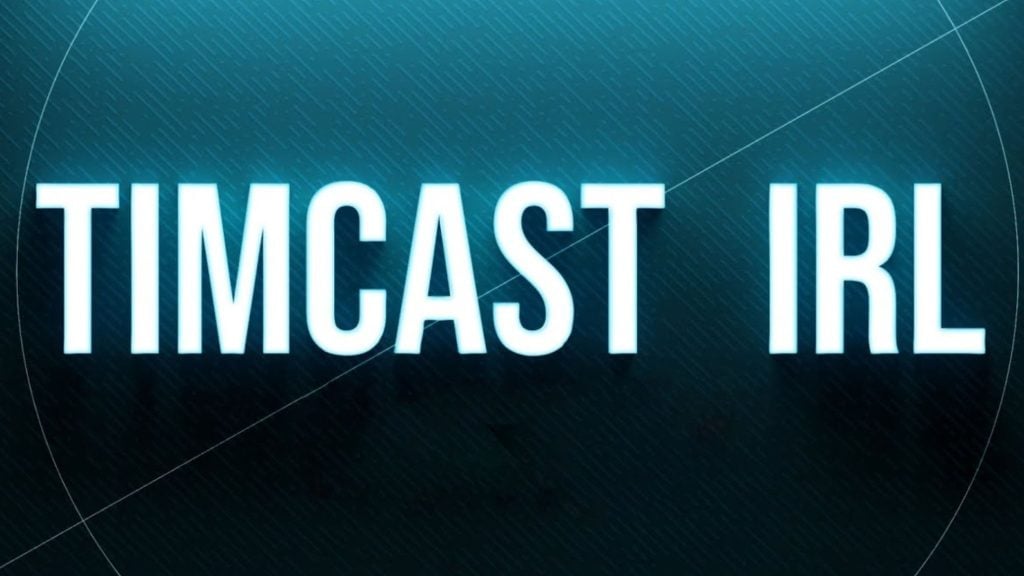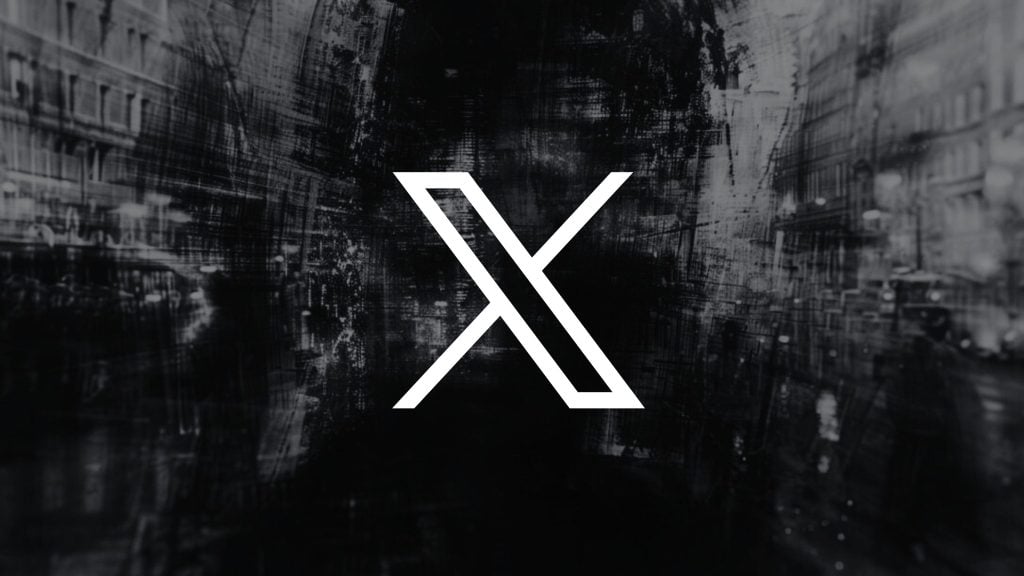As if poverty, seemingly endless political and social turmoil, and war weren’t enough, Somalis might have another thing to worry about: Facebook.
Specifically, journalists in this African country, who are now getting censored (“silenced”) on the giant platform, according to Amnesty International.
Given the turbulent and troubled nature of Somalia today, where the government is fighting against Al-Shabaab jihadists, journalists are said to be caught in the middle: if they criticize the government, they might get blacklisted or censored; if they write negatively about Al-Shabaab, they might get killed.
The solution some of them found was to distribute news directly using Facebook – until, that is, Facebook too started censoring them, citing its Community Standards to delete journalists’ accounts.
In one day alone, in June of last year, Facebook shut down ten accounts of Somali reporters, informing them about this in by email, and only providing some semblance of an explanation (the Community Standards violations shtick) when one of them, Adan Mumin, insisted to know why he lost his account and 60,000 followers “just like that.”
To be fair, the Somali journalists weren’t given any kind of special bad treatment by the giant. Facebook was exhibiting its usual MO here – no explanation, and no way to reinstate a banned account.
“It’s not fair,” Mumin is quoted as saying, echoing no doubt the thoughts of thousands of others whom Facebook has erased from the platform.
And while all this is happening, both the government of Somalia and the Al-Shabaab jihadists are freely using social and traditional media to promote their own agendas, according to Amnesty International. Ordinary Somalis, meanwhile, rely on giant social networks and chat apps to communicate, learn the news and talk politics.
“Social media has become a political tool in Somalia and, for better or worse, Facebook is how most urban Somalis keep up to date on current affairs,” says the report.
Journalist Abdirazak Ali Hiiran, whose account was disabled in March of last year and who is trying to get it back by verifying his identity, blames the government as being behind Facebook’s behavior.
Amnesty International, meanwhile, criticizes Facebook for not allowing those whose accounts get flagged to defend themselves in “a timely and genuine appeal process.”
CEO Mark Zuckerberg’s stated commitment to freedom of expression, the report concludes scathingly, “rings hollow as long as Facebook continues to violate people’s own rights to the same freedom of expression.”
If you're tired of censorship and dystopian threats against civil liberties, subscribe to Reclaim The Net.









